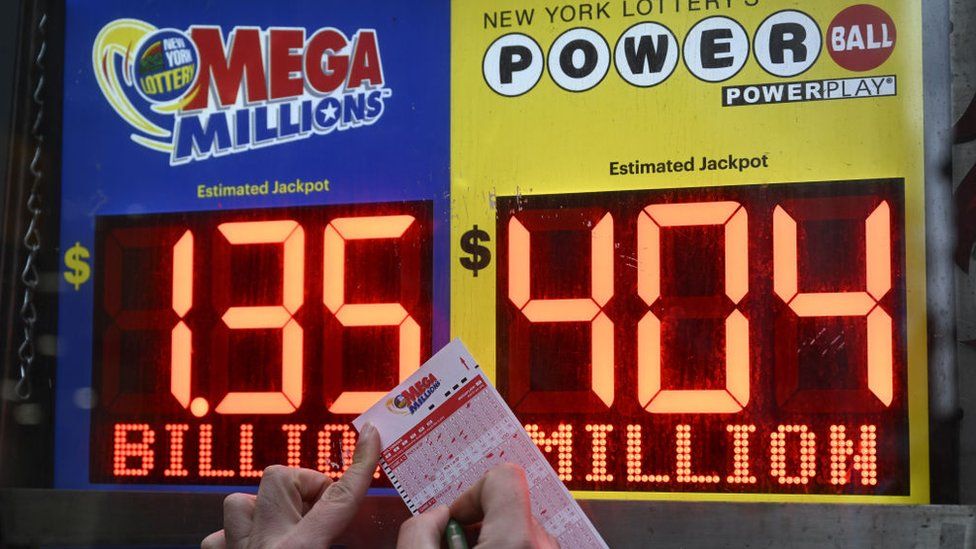
Lottery is a type of gambling wherein participants purchase tickets and a number or symbols are drawn at random to determine the winners. The lottery has been used in many countries to raise money for a variety of projects, including public works, charitable organizations, and other private ventures. In the United States, it is a popular form of charity and has helped to finance many major projects.
The earliest records of lotteries date to the 15th century in the Low Countries, where local towns held lotteries to raise funds for town fortifications and to help the poor. By the 1740s, a few hundred lotteries operated in the American colonies. Benjamin Franklin used a lottery to raise funds for a battery of guns to defend Philadelphia and rebuild Faneuil Hall in Boston. The colonial lotteries also financed private and public ventures, such as churches, schools, canals, roads, bridges, and even slaves.
A state or other entity typically legislates a monopoly on the sale of lottery tickets and establishes a public corporation to operate it. It then recruits sales agents to sell tickets. These agents must have a system for recording the identities of bettors and the amounts staked on each ticket, and a means of pooling these tickets in a central database for drawing. A common practice is for sales agents to sell tickets in fractions, such as tenths, with each fraction costing slightly more than its share of the total ticket price.
When it comes to the size of prizes, lottery promoters must balance demand with costs and profits. Prizes are commonly the amount left over from a pool of money that includes costs of organizing and promoting the lottery, taxes and other revenues, and profits for the lottery promoter. In addition, a portion of the prize money may be set aside for administrative expenses or to fund other state or charitable initiatives.
In the early days of the modern lottery, revenues expanded rapidly after the first few years of operation. Then they leveled off and began to decline, leading to the introduction of new games that were designed to increase revenue streams. These innovations, such as keno and video poker, were often offered at lower prices than traditional lottery games, making them more appealing to the average betor.
Many states have laws limiting the age at which lottery play can start, the maximum amount a person can bet per draw, and the minimum purchase amount. Many states also have policies requiring retailers to sell lottery tickets only in sealed, non-transparent envelopes. These measures are intended to prevent fraud and reduce the chances of children getting their hands on the tickets and attempting to buy them.
People who choose to play the lottery often believe that choosing uncommon or unique numbers increases their odds of winning. However, this is not true. In fact, all lottery balls have the same chance of being drawn. The only thing that makes some numbers more likely than others to be chosen is the number of people who select them. This is why it’s important to understand how lottery mathematics work before you begin playing.